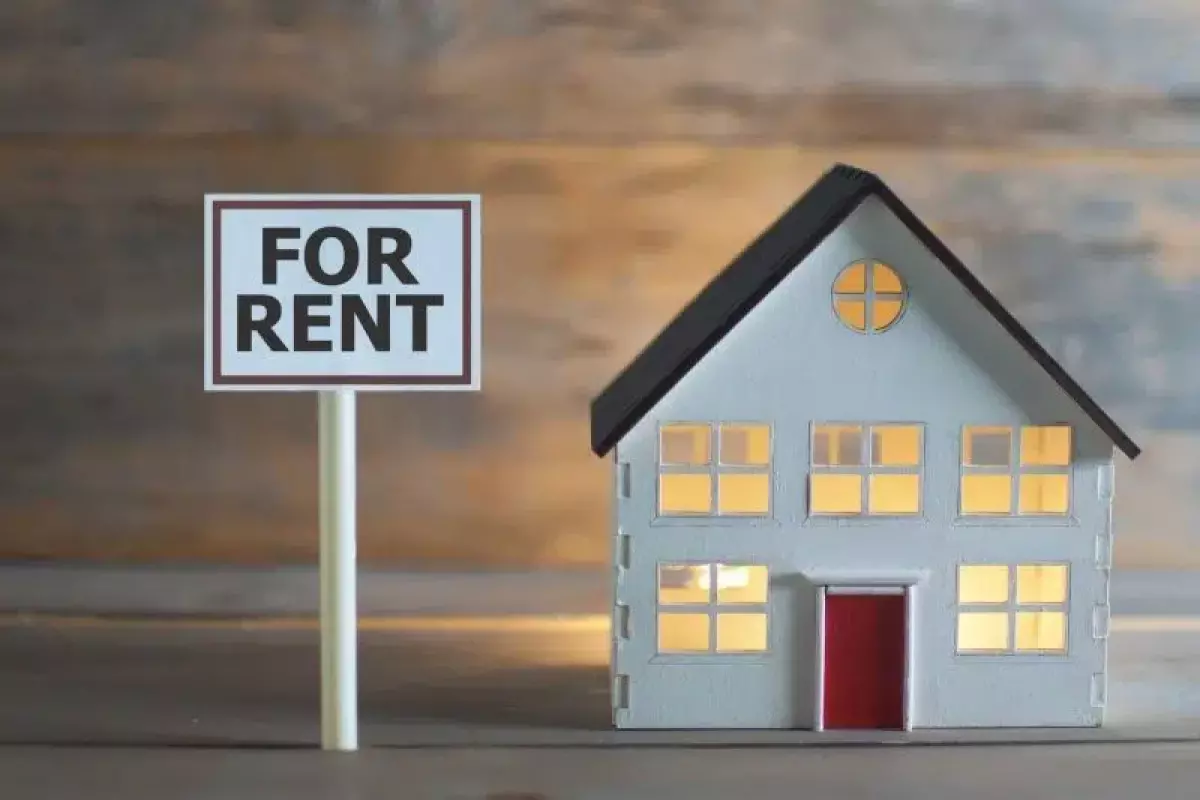 Alt tag: Buying a house to rent out
Alt tag: Buying a house to rent out
Investing your money wisely is crucial for achieving financial security. While traditional savings accounts and stock market investments come with their own risks and limitations, diversifying your portfolio with real estate can be a smart move. If you're considering adding rental properties to your investment strategy, this guide will walk you through the key steps of buying a house to rent out.
Overview of Buying Your First Rental Property
When purchasing a rental property, there are several factors to consider. Finding the right type of property, attracting tenants, and managing the property effectively are just the beginning. It's important to remember that lenders view rental properties differently than primary residences. They typically require a larger down payment and charge higher interest rates to compensate for the associated risks. Before diving in, ensure that you have enough savings for a down payment, a contingency plan for unexpected vacancies, and a solid property management strategy.
Is Buying a House to Rent Out a Good Idea?
All investments involve an element of risk, and real estate is no exception. While real estate tends to be more stable than the stock market, it's essential to have a safety net in case things don't go as planned. However, successful real estate investments can provide a steady income stream and long-term appreciation. Before becoming a landlord, it's crucial to weigh the pros and cons.
Pros and Cons of Becoming a Landlord
Being a landlord comes with a set of responsibilities, but the financial rewards can make it worthwhile. Let's explore the pros and cons:
Pros of Buying a House to Rent Out
- Tax advantages: Many expenses related to maintaining and repairing the property can be deducted as business expenses.
- Supplemental income: The rental income can supplement your retirement savings or other financial goals.
- Offsetting costs: Rental income can help cover mortgage payments, repair costs, and other expenses while the property appreciates.
- Exempt from Social Security taxes: Rental income is not subject to Social Security taxes.
- Stability and diversification: Real estate investments tend to be less volatile than the stock market, providing diversification.
Cons of Buying a House to Rent Out
- Tenant uncertainties: There's always a risk of difficult tenants, property damage, or rental payment defaults.
- Lease commitments: You are obligated to uphold lease agreements, even if you need to sell the property quickly.
- Maintenance responsibilities: Owning and maintaining a rental property requires time, effort, and financial resources.
- Long-distance investments: If you invest in properties far from your location, you may need to hire a property management company, incurring additional costs.
- No guaranteed appreciation: Like any investment, there's no guarantee of property value appreciation.
Buying a House to Rent Out: 6 Key Tips
Investing in a rental property can be both exciting and overwhelming. Before making your first purchase, consider the following tips:
1. Get to Know the Area
Thoroughly research the neighborhood where you plan to invest, as it directly impacts the success of your rental property. Understand the average rent in the area, the demand for rentals, and the preferences of potential tenants. Partnering with a local real estate agent can provide valuable insights on the suitability of the area for rental properties.
2. Choose Between Fixer-upper and Move-in Ready
Decide whether you prefer a property that requires renovation or one that is ready for immediate occupancy. Buying an undervalued property and improving it yourself can save money while increasing its value. Alternatively, purchasing a move-in ready home allows you to begin renting right away.
3. Determine Market Rent
It's crucial to charge a competitive rent that aligns with the local market. Consult with a licensed real estate agent or appraiser to assess the average rental rates in the area. Calculate whether the projected rent will cover your mortgage payments, real estate taxes, insurance, and maintenance costs.
4. Prioritize Debt Repayment
Before investing in a rental property, focus on paying off existing consumer debts. As a landlord, you bear financial responsibility for unforeseen expenses, such as repairs or replacements. Reducing your personal debt will provide greater financial security and flexibility.
5. Improve Your Credit Score
Securing financing for an investment property requires a strong credit score and stable income. Check your credit report well in advance and address any negative items, such as late payments or high credit utilization. A positive credit history will enhance your chances of obtaining favorable financing terms.
6. Seek Legal Assistance
Navigating the legal aspects of being a landlord can be complex. Before purchasing your first rental property, consult with a lawyer to review your purchase agreement, rental contracts, and overall strategy. This professional advice ensures that you're aware of your rights and obligations under the law.
The Bottom Line
Diversifying your investment portfolio is vital for financial security. Buying a house to rent out offers the opportunity to generate monthly income, build equity, and mitigate risks associated with traditional investments. By following the guidelines and tips outlined in this article, you'll be well-equipped to make informed decisions and navigate the rewarding journey of real estate investment.

















